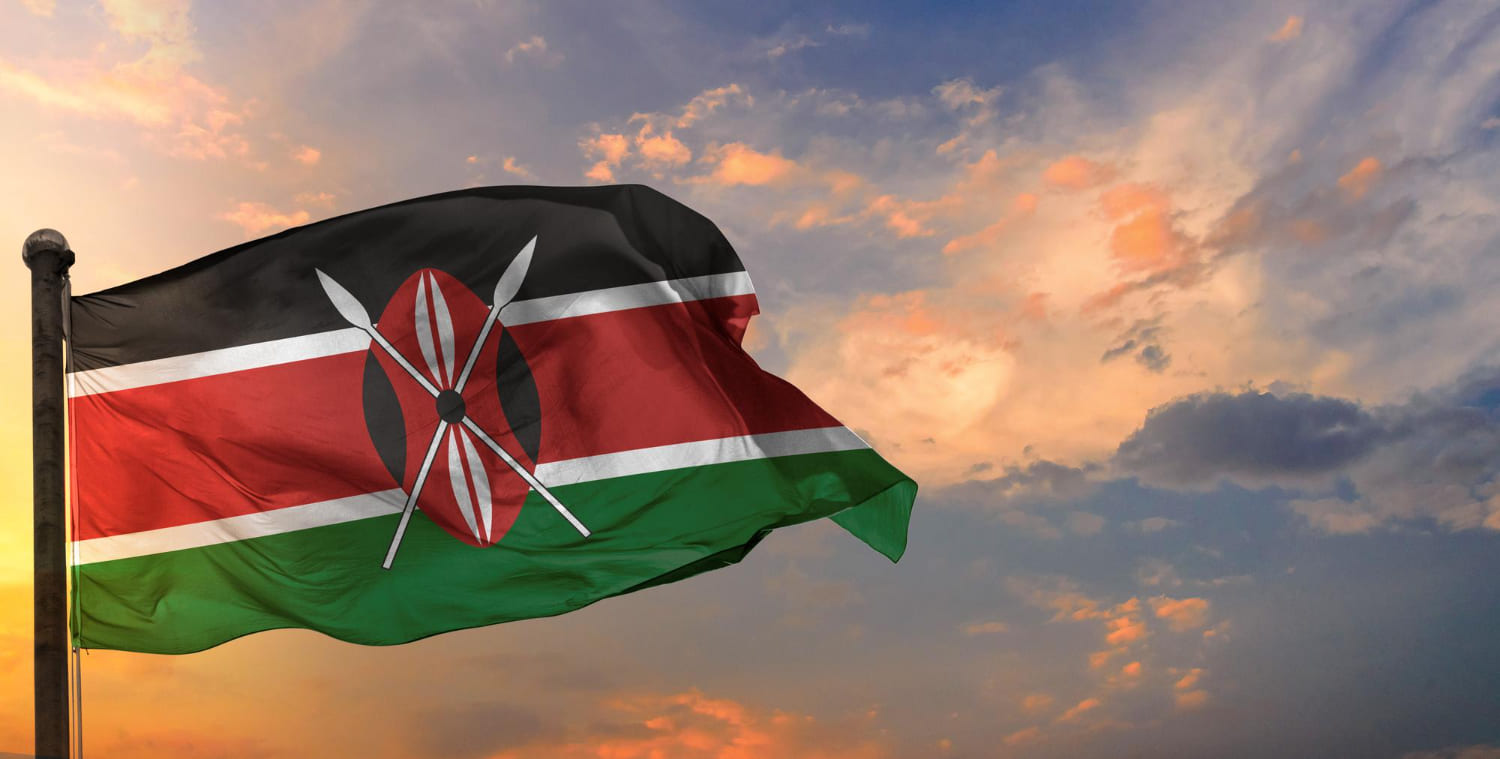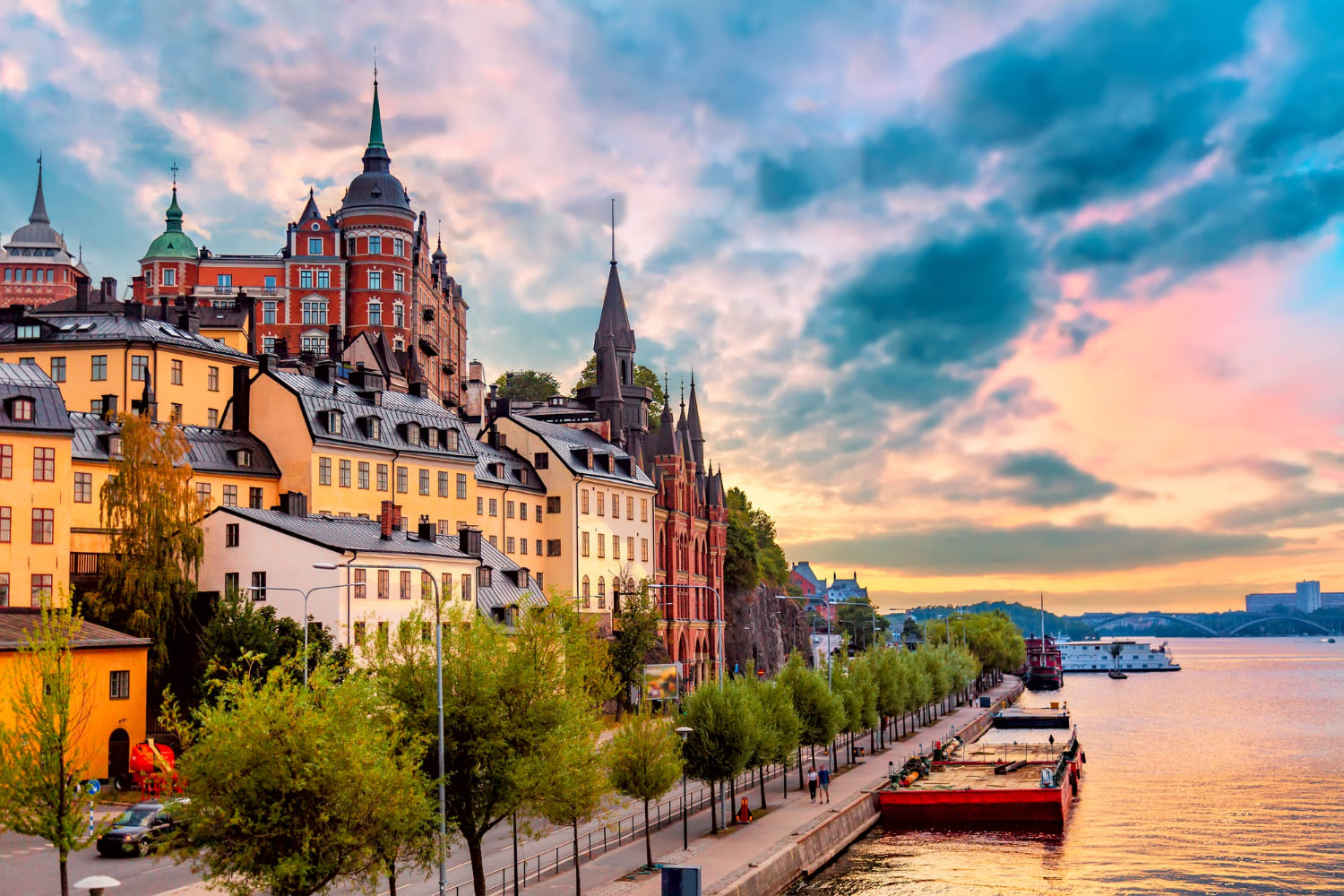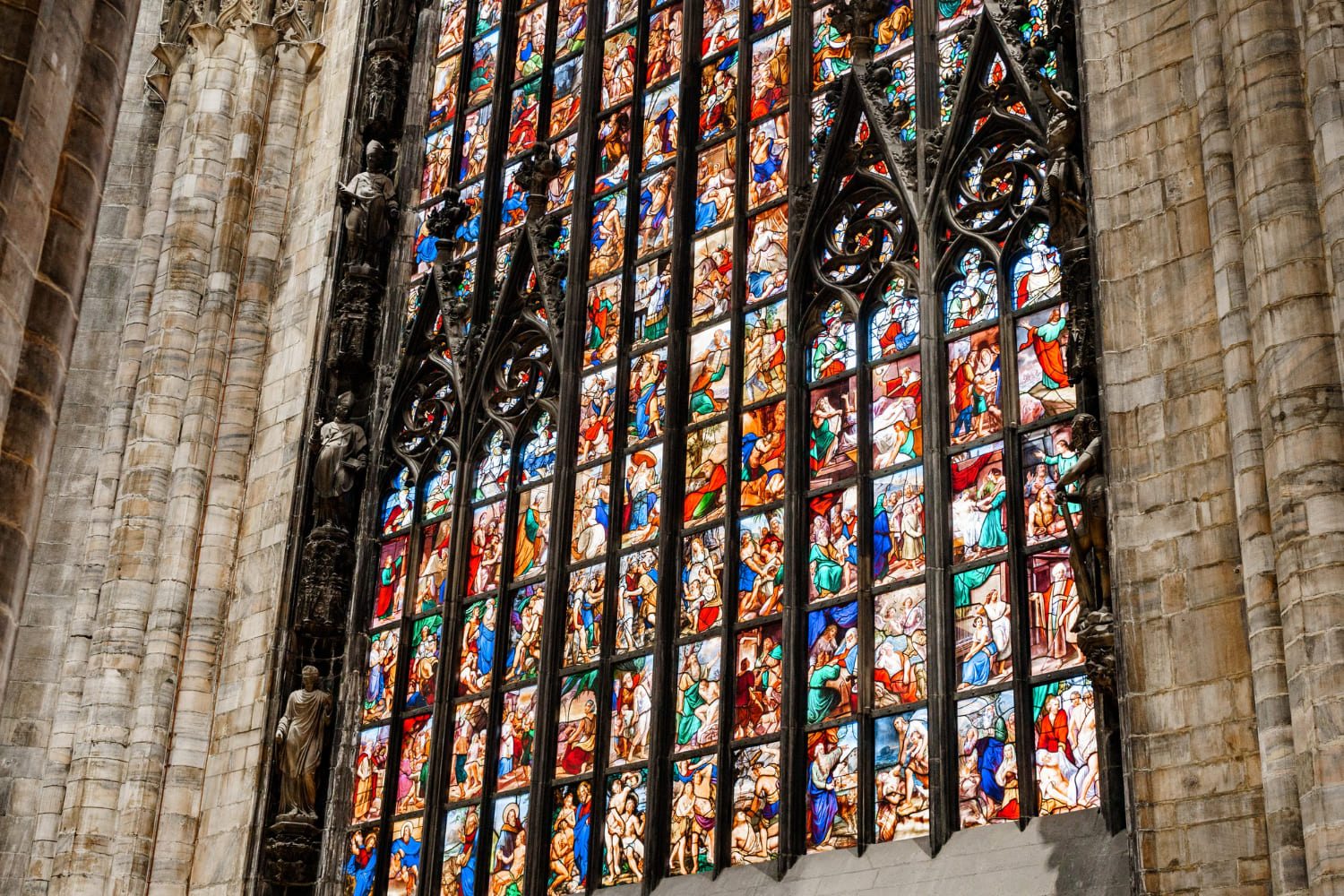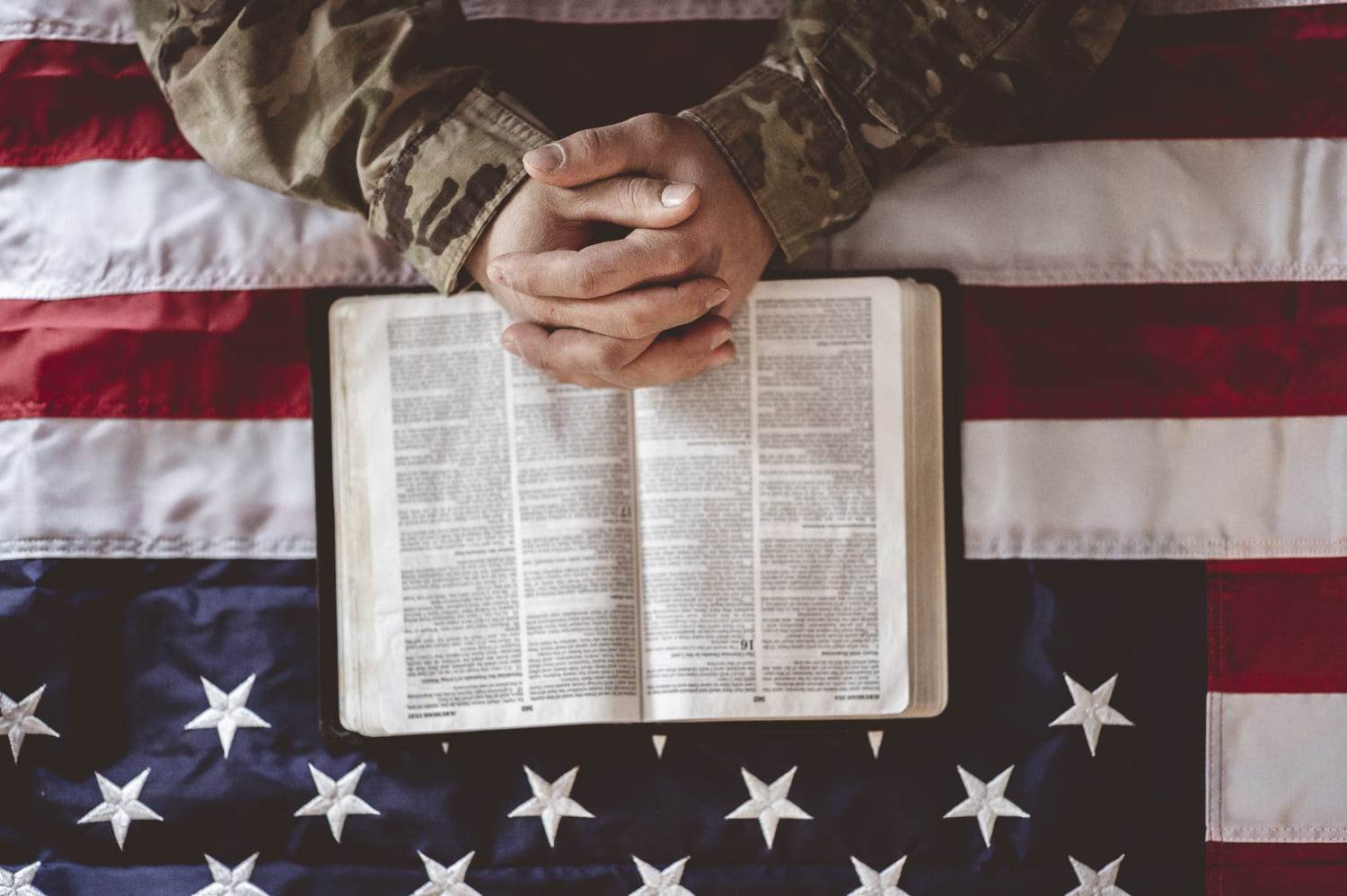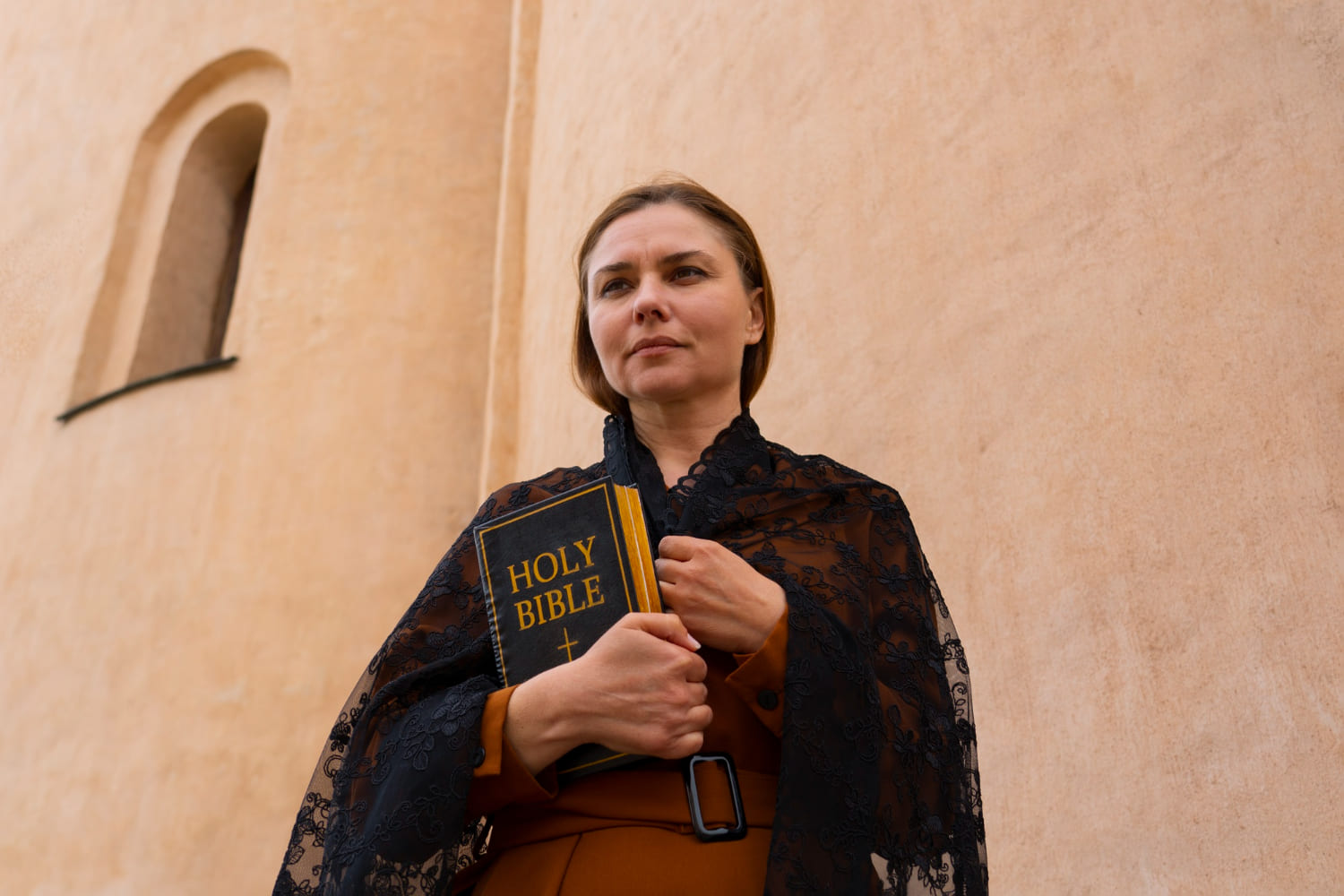Switzerland is a country known for its diverse cultural landscape and religious tolerance.
While Christianity is the predominant religion in Switzerland, the country is also home to a growing number of people who identify as Muslim, Jewish, Buddhist, Hindu, and other religions.
In this article, we will provide a comprehensive list of religions in Switzerland, along with statistics that shed light on the country’s religious landscape.

According to the Eidgenössisches Departement für auswärtige Angelegenheiten (EDA), around 25% of the Swiss population have no religious affiliation, compared to only 1% in 1970.
The largest religious group in Switzerland is Christianity, with over 60% of the population identifying as Christian.
Of these, 33.8% are Catholics, while 21.4% are members of the Reformed Protestant Church.
Other Christian denominations in Switzerland make up 6% of the population, of which the largest group at 2% are followers of the Orthodox Church.
Muslims make up 5% of the Swiss population, most of whom originate from the Balkans and Turkey and mainly live in the cities.
Other religions in Switzerland include Judaism, Buddhism, Hinduism, and Sikhism, each with a small but growing number of followers.
In the following sections, we will provide more detailed information on each of these religions and their respective communities in Switzerland.
- Overview of Swiss Religious Landscape
- Major Religions and Denominations
- Historical Context and Development
- Demographic Statistics
- Religious Affiliations by Population
- Geographical Distribution of Religions
- Age and Religion
- Government and Religion
- State Recognition of Religions
- Religious Education Policies
- Interfaith Relations and Dialogue
- Ecumenical Movements
- Interreligious Initiatives
Overview of Swiss Religious Landscape

Switzerland has a diverse religious landscape, with Christianity being the predominant religion.
According to a national survey conducted by the Swiss Federal Statistical Office in 2020, Christians accounted for 61.2% of the resident population aged fifteen years and older.
Of these, 33.8% were Catholics, 21.4% were Reformed Protestants, and 6% were members of other Christian denominations.
Major Religions and Denominations
Apart from Christianity, other religions are also represented in Switzerland. Muslims make up 5% of the population, most of whom originate from the Balkans and Turkey and mainly live in urban areas.
Other religions, including Judaism, Buddhism, and Hinduism, account for less than 1% of the population each.
The number of people with no religious affiliation has increased significantly in Switzerland over the past few decades. In 1970, only 1% of the Swiss population had no religious affiliation, compared to 25% in 2020.
Historical Context and Development
Switzerland’s religious landscape has undergone significant changes over the years.
The country was originally a predominantly Catholic nation, but the Protestant Reformation in the 16th century led to the establishment of the Swiss Reformed Church.
Today, the country is divided into 26 cantons, each with its own religious history and traditions.
In the 20th century, Switzerland experienced an influx of immigrants from different parts of the world, leading to an increase in religious diversity.
Today, the country is home to a variety of religious communities, including Christian, Muslim, Jewish, Buddhist, and Hindu.
Overall, Switzerland’s religious landscape is diverse and continues to evolve with the changing demographics of the country.
Demographic Statistics
Religious Affiliations by Population
Switzerland’s religious landscape has changed over the past 50 years.
Roman Catholics have remained relatively stable, but the proportion of Reformed Protestants has declined severely in favor of persons with no religious affiliation.
In 2022, the proportion of Roman Catholics and Reformed Protestants was 35.6% and 23.8%, respectively.
Switzerland is also home to a significant Muslim population, which makes up 5% of the total population, according to the Eidgenössisches Departement für Auswärtige Angelegenheiten. Most Muslims in Switzerland originate from the Balkans and Turkey and mainly live in cities.
Other Christian denominations in Switzerland make up 6% of the population, of which the largest group at 2% are followers of Orthodox Christianity.
Additionally, 1% of the population is Jewish, and 0.2% are Buddhists.
Geographical Distribution of Religions
Switzerland’s religious demographics vary by region. According to the Federal Statistical Office, the canton of Ticino has the highest proportion of Roman Catholics (71%), while the canton of Appenzell Ausserrhoden has the highest proportion of Reformed Protestants (68%).
The canton of Geneva has the highest proportion of Muslims (14.7%) and the canton of Zurich has the highest proportion of Orthodox Christians (3.4%).
Age and Religion
Age is a significant factor in religious affiliation in Switzerland.
According to the Eidgenössisches Departement für Auswärtige Angelegenheiten, younger people are less likely to be affiliated with a religion.
In 2022, 51% of people aged 15-24 had no religious affiliation, compared to 25% of the total population.
Conversely, 48% of people aged 65 and over were Roman Catholic, and 27% were Reformed Protestants.
Government and Religion
State Recognition of Religions
In Switzerland, the government recognizes three main religious communities: the Roman Catholic Church, the Swiss Reformed Church, and the Jewish community.
These religious communities receive special privileges, such as tax exemptions, and have the right to provide religious education in public schools.
Other religious communities, such as the Muslim and Buddhist communities, are not officially recognized by the state, but are allowed to practice their religion freely.
The recognition of religious communities by the state is based on a number of criteria, including the number of members, the duration of the community’s existence, the stability of its organization, and its contribution to the spiritual and cultural life of the country.
Religious Education Policies
Religious education in Switzerland is the responsibility of the cantons (states), and each canton has its own policies regarding the teaching of religion in public schools. In some cantons, religious education is mandatory, while in others it is optional.
The content of religious education varies depending on the religious community.
In cantons where the Roman Catholic Church is recognized, Catholicism is usually taught in public schools, while in cantons where the Swiss Reformed Church is recognized, Reformed Protestantism is usually taught.
In cantons where neither of these religions is recognized, religious education is usually provided by the local community.
Parents have the right to choose whether or not their children receive religious education, and can also choose which religion their children are taught.
In some cantons, parents can also choose to have their children taught ethics instead of religion.
Overall, Switzerland has a complex relationship between government and religion, with a strong emphasis on religious freedom and the separation of church and state.
Interfaith Relations and Dialogue
Switzerland is a country with a diverse population, including individuals from various religions.
Interfaith relations and dialogue are important aspects of Swiss society, as they help to promote understanding and respect between different religious communities.
This section will discuss the ecumenical movements and interreligious initiatives that have taken place in Switzerland.
Ecumenical Movements
The term “ecumenical” refers to efforts to promote unity and cooperation between different Christian denominations.
Switzerland has a long history of ecumenical movements, with the first national ecumenical organization being founded in 1848.
Today, there are several ecumenical organizations in Switzerland, including the Swiss Federation of Protestant Churches and the Swiss Bishops’ Conference.
One notable example of ecumenical cooperation in Switzerland is the “Reformation Jubilee 2017,” which celebrated the 500th anniversary of the Protestant Reformation.
The event was marked by a series of ecumenical services and events that brought together members of different Christian denominations.
Interreligious Initiatives
In addition to ecumenical movements, Switzerland also has a strong tradition of interreligious dialogue and cooperation.
There are several interreligious organizations in Switzerland, including the Interreligious Platform and the Interreligious Working Group.
One notable initiative in Switzerland is the “House of Religions” in Bern, which serves as a meeting place for members of different religions.
The House of Religions offers various programs and events, including workshops, lectures, and interfaith celebrations.
Another initiative is the “Week of Religions,” which is held annually in several Swiss cities. The event features a series of activities and events that promote interreligious dialogue and understanding.
Overall, Switzerland’s commitment to interfaith relations and dialogue is an important aspect of its diverse and inclusive society.
By promoting understanding and respect between different religious communities, Switzerland is able to foster a culture of peace and cooperation.
